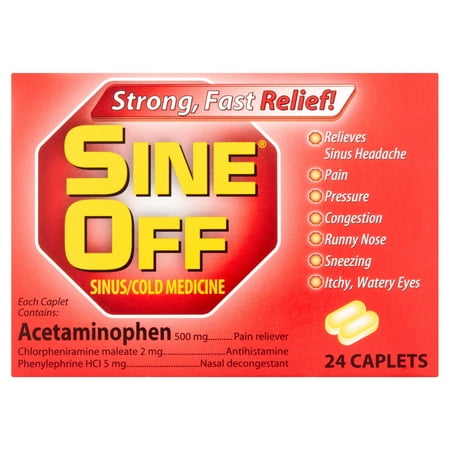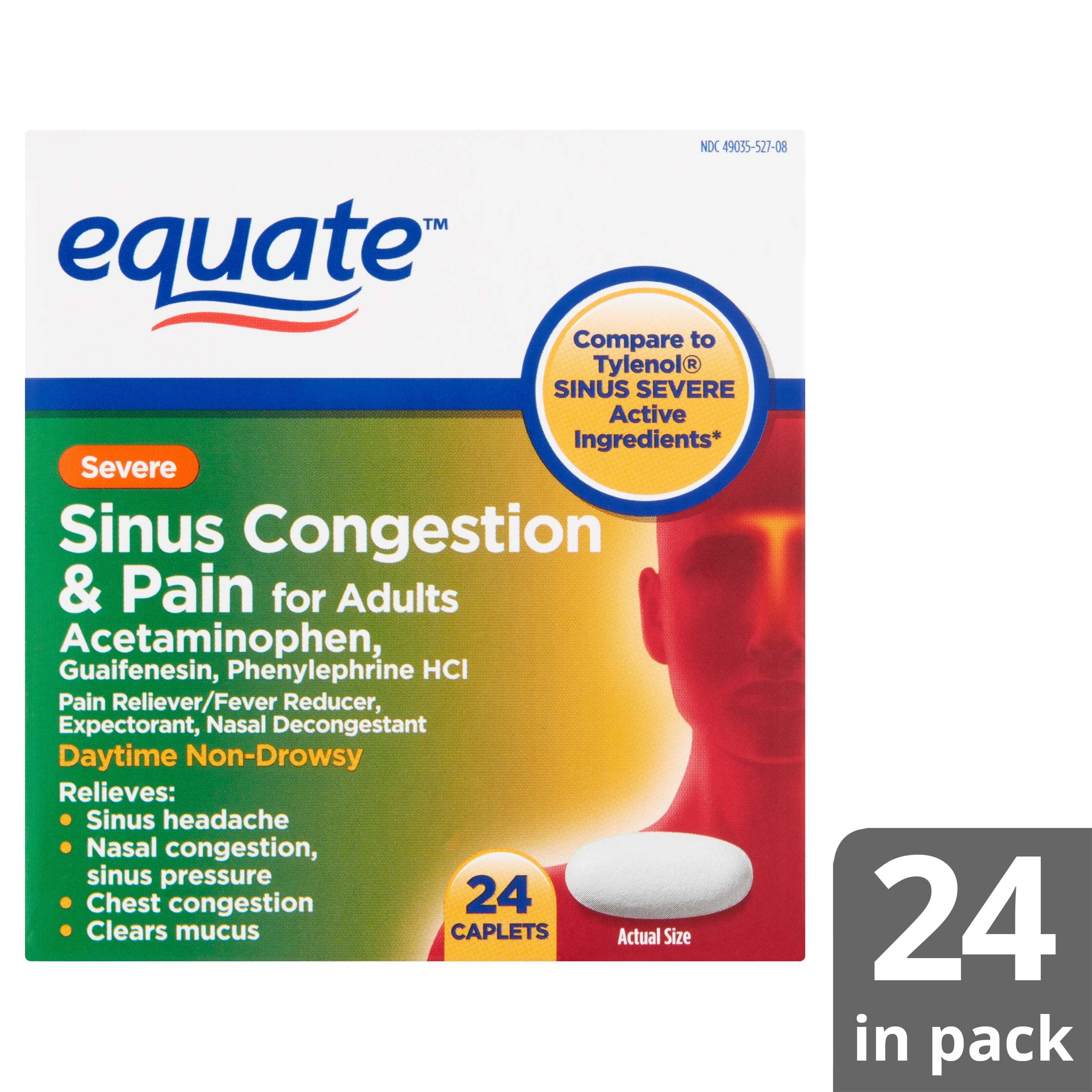
If you're suffering from sinusitis, there are many types of treatment to choose from. While some of these treatments can help you to reduce the symptoms, in some cases, you may need to visit a doctor. Antibiotics are only needed in a small percentage of cases. However, if your condition is more severe than you can handle, you should discuss the risks and benefits of antibiotic therapy with your health care provider. These medications can help to alleviate pain, discomfort, and congestion, and can also be used to relieve the side effects of other sinus conditions.
The most common treatment for sinusitis is an antibiotic. These are widely available over the counter and can be very effective at relieving pain. They can also help to clear mucus. They can lead to diarrhea, vomiting, and weight gain, so they should only be used if they are necessary. Steroids can also help with the symptoms of sinusitis. These can be purchased over the counter or by prescription. The downside is that prolonged use of these medications can disrupt hormone levels and cause unwanted side effects.
In case of an allergic reaction or other side effects, antibiotics are a good option. This medication is the most affordable option, but if you are allergic to penicillin or live in an area where resistance to these drugs is high, you may need an alternative antibiotic. Always remember that antibiotics are only effective if you take them for the full duration recommended by your doctor. If symptoms persist, you should contact your doctor or visit the site https://alfaman.com.mx/.
Antibiotics are an integral part of the treatment of sinusitis. Because they do not penetrate the body well, they can cause complications, such as the development of antibiotic resistance. Your healthcare provider may recommend alternative treatments if you are allergic to penicillin or live in an area with high rates of antibiotic resistance. It is also important to continue taking antibiotics as directed. If you are allergic to any of these medications, your healthcare provider will send samples to a laboratory to confirm whether these medications are needed.

In addition to using antibiotics, you should also try to stay hydrated. The body needs fluid to function properly. Therefore, it is very important to drink plenty of water to keep your sinuses healthy. In addition to drinking, it is also important to rest and sleep. Elevating your head will help prevent snoring and relieve pain caused by sinusitis. There are several other ways to treat sinusitis.
For chronic sinusitis caused by allergies, leukotriene inhibitors target chemicals that are released into the body after an allergic reaction. These chemicals are responsible for soft tissue inflammation and lead to a runny nose and postnasal drip. In some cases, these drugs reduce the formation of nasal polyps. The doctor will prescribe the appropriate medicine for you. These medications are an important part of your treatment plan.
Over-the-counter medications can only treat acute symptoms and are not recommended for chronic sinusitis. For chronic sinusitis, a specialist may prescribe corticosteroids. These medications are effective in reducing swelling of the sinuses and nasal passages. These medications are also known to help reduce the size of nasal polyps. If you are unsatisfied with over-the-counter medications, you can ask your doctor for a prescription.
Some sinusitis medications are not necessary. Depending on your situation, you might not need to take antibiotics for the whole duration of the infection. The best choice is a medication that works by suppressing the symptoms. An antibiotic that treats the symptoms and improves the condition may be the best choice for you. Some of these drugs may be prescribed only for acute sinusitis. You should also be aware of the side effects of these medicines. Some of them can have side effects and may worsen your condition.
Over-the-counter medications can be effective in treating the symptoms of sinusitis. There are also some types of antibiotics that are specifically designed to target certain symptoms. In some cases, these antibiotics may be prescribed by your doctor. Some of these drugs can work well for a short time, while others may have long-term side effects. A doctor's advice is always necessary. A combination of sinusitis medications will provide the best results.